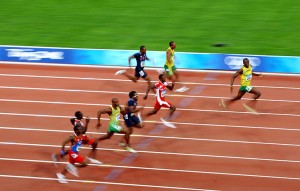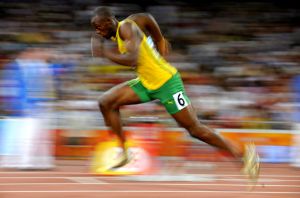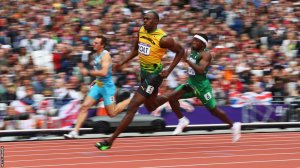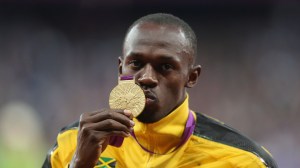
Competency questions are the employers’ favourites because they ask you to reflect on your own experiences. It is a way for the company to assess exactly when, where and how you have used your skills and personality in various situations. This may seem daunting but in fact, it’s a great way for you to set yourself apart from your competitors.
Competency questions like: “Give me an example of a time when you had to drive to achieve a difficult goal…” or “Give me an example of a time when you have had to be resilient…” allow you to talk about something that no one else can: yourself!
Nick at Futureboard says some candidates tend to “brush over” their experience without giving too much details about it. For instance, when asked about team work, they don’t talk about what they’ve learnt from it or the contribution they gave, but only about when they had to work in a team.
Nick’s top advice to prepare for competency questions is:
Always try to use the most recent examples as possible. I’d say it’s better to talk about the past two years, which for a graduate means uni life or work.
He adds:
Stick to three areas: work, university and extra-curricular activities like sports teams, charity or societies.
Interviewers will be assessing how well you structure your answer and how articulately you present your experiences. Nick says using the STAR answering technique is a way to play safe. He adds: “The STAR technique reminds me of English at school, where students have to give evidence and explain.”
The STAR technique helps you answering competency questions in four easy steps: Situation; Task; Action and Result. Here’s Futureboard’s take on the technique to help you ace any competency question.
1) Situation:
What to Think: What was the situation? When did it take place? How many people were involved? What role were you in? What company were you working for? Why did this situation come about?
It is essential to build the context of the situation. You could risk losing the impact of your answer without it or even your interviewer’s attention!
Futureboard’s example: Usain Bolt arrived in the Olympic Stadium on the 04/08/2012 to compete against the best sprinters in the world.
2) Task:
What to Think: What was the objective of this situation? What needed to be accomplished? When did it need to be achieved by? Why was this task important?
Clearly state the details of the problem or challenge and the goal setting required to make it a success.
Futureboard’s Example: Usain’s goal was to win all of his races – the 100m, the 200m and the 4 x 100m relay. He would not only be competing for the gold medal but also a place in the history books as the most prolific sprinter of all time. In order to do this he needed to beat all of the other sprinters in all of the other races.
3) Action:
What to Think: What did you do in response to the set task to change the course of events? How did you achieve positive results for the task in hand? What effect did your actions have on others? What qualities did you demonstrate – negotiation, communication, leadership, planning, organisation, drive, motivation or resilience?
Futureboard’s Example: He did what he had trained to do. He shot out of the blocks and powered towards the line. Knowing that other sprinters were good starters, such as his friend and compatriot Yohan Blake, Usain used his immense size and speed in the second half of the race to chase down and overtake his opponents. He knew his weaknesses and addressed them while capitalising on his strengths.
4) Result:
What to think: What was the outcome of your action?Were you pleased with the result? Is there anything that you would do differently next time? Did you receive any feedback on the task? What made it a positive result? How did other members of the group respond to the end result?
Futureboard’s Example: Three gold medals and a place in the history books. He succeeded in accomplishing all of his goals although he would always say that he could have trained harder!
The more you practice the better you’ll get so have a think about some of your own experiences, grab one of your friends and give it a go!
Pictures by:Business English, The Guardian, Dertz.in,BBC.co.uk, milliyet.com.